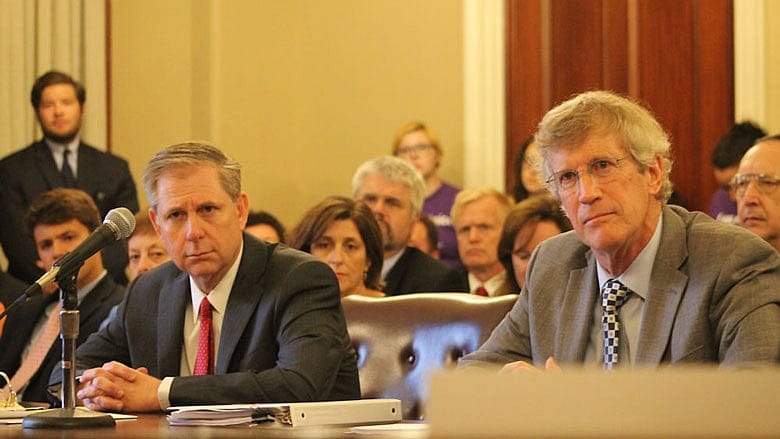SJC pick Lowy says he’s learned from experience, mistakes as judge

STATE HOUSE — As the University of Massachusetts student swept the hallways of the Supreme Judicial Court during summer break in the early 1980s, he had no inkling that he would be angling to return to those hallways some three decades later.
If David Lowy does work at Pemberton Square again, it will be with a robe on. Lowy sat before the Governor's Council on Wednesday to make his case to be confirmed as a justice on the state's highest court, citing his experience throughout the state's court system and the lessons he's learned from the bench.

